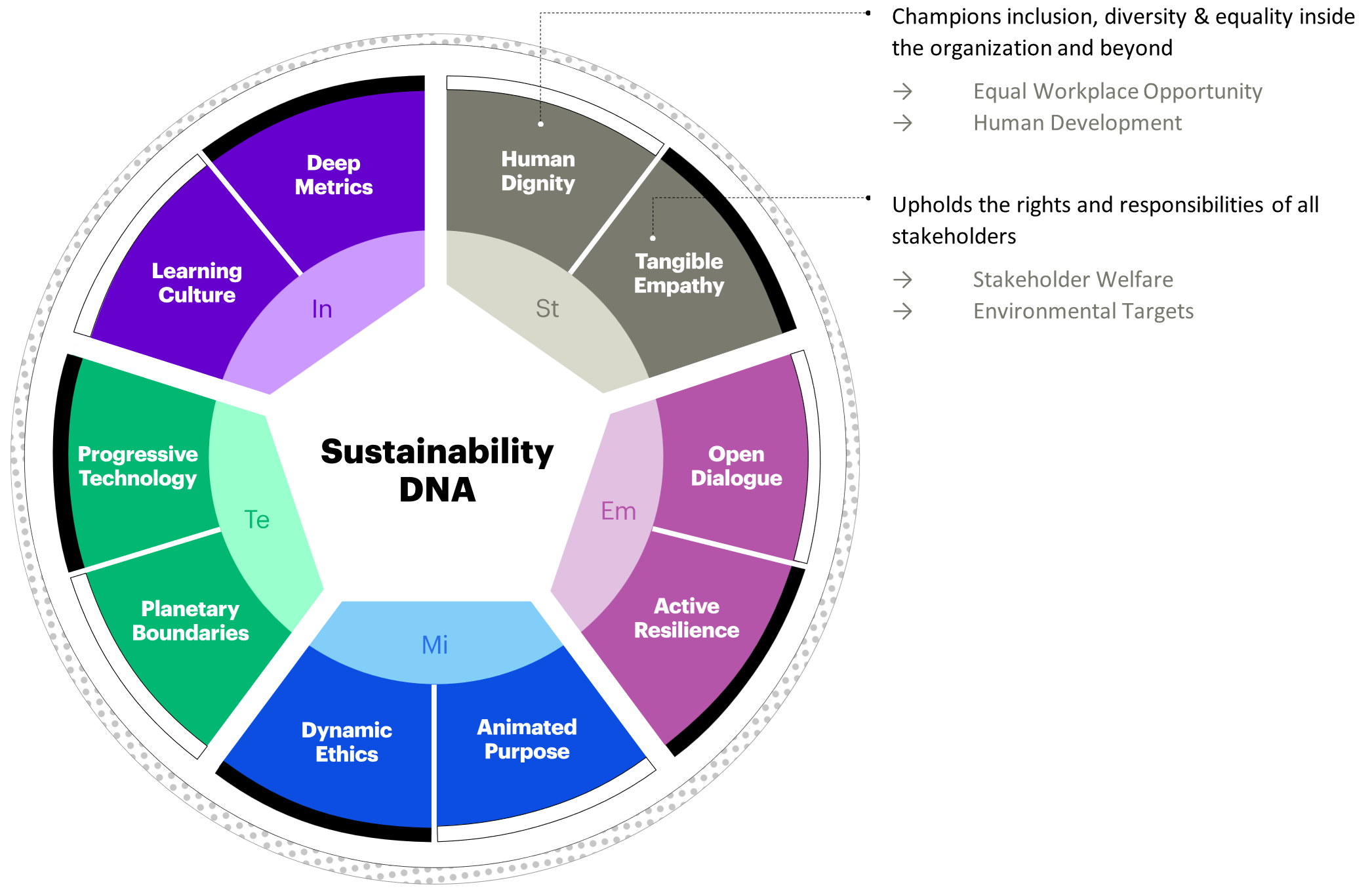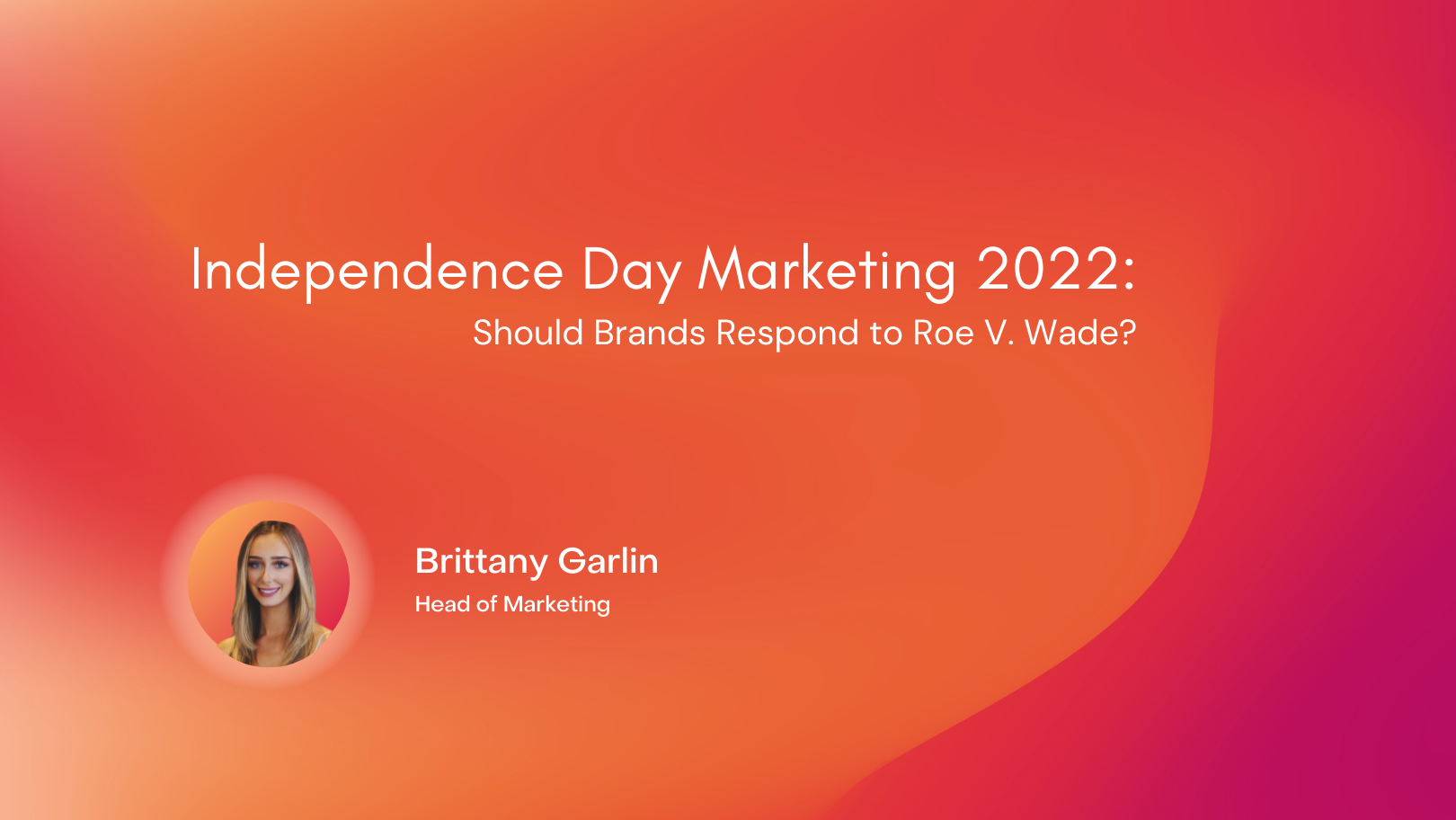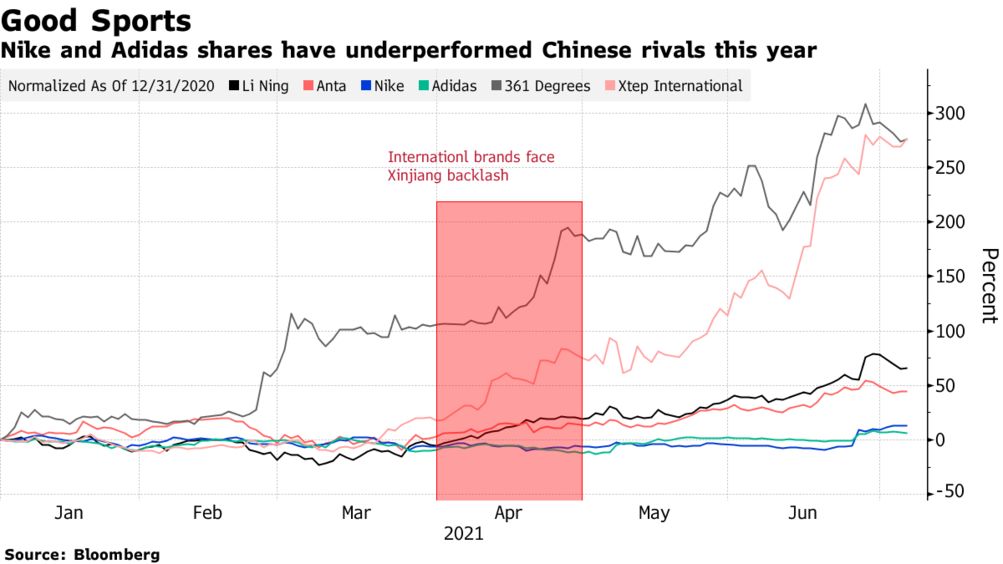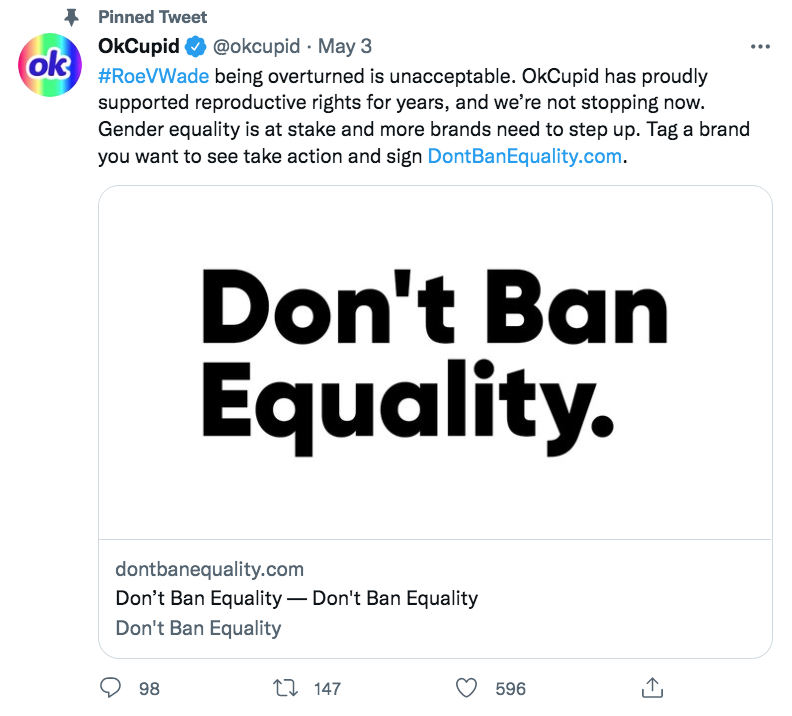Brand’s Independence Day marketing may look a little different this year.
Independence Day falls on July 4th and has been a day of celebration for the birth of independence in the United States. The day is usually spent with friends or family with festivities ranging from barbecues, fireworks, parades, and concerts.
One of the most famous passages in the declaration of independence is, “We hold these truths to be self-evident; that all men are created equal; that they are endowed by their Creator with certain inalienable rights; that among these are life, liberty and the pursuit of happiness; that to secure these rights, governments are instituted among men, deriving their just powers from the consent of the governed.”
However, this year, it will be difficult for brands to promote their products or services as they typically would due to political issues that have taken storm in the United States.
The recent news of the U.S. Supreme Court overturning Roe v. Wade has provoked strong emotions from consumers, and brands should be prepared to address it. Focusing on celebrating during this time can be viewed as out of touch or tone-deaf, and consumers are holding brands accountable.
Agency Vista has put together everything brands need to consider for their Independence Day marketing this year.
Backlash and The Perils of Polarization
They say the best (or easiest) way to learn is through other people’s mistakes (or, in this case, backlashes). So, let’s take a look. Goop, a wellness and lifestyle brand founded by actress Gwyneth Paltrow, recently launched a jewelry collection that has faced a lot of backlash.


The immediate response from the internet was negative, partly due to the expensive price tag associated with the pieces but also because of the timing of the release amid the overturning of Roe v. Wade.

This is something to consider and be aware of for brand’s Independence Day marketing this year. Especially, for brand’s that are most notably recognized for women’s empowerment and rights.
The fact of the matter is that consumers are holding brands accountable. It’s proved true during the Black Lives Matter movement, Russia’s invasion of Ukraine, Pride Month, or any cause related to human rights.
A Gartner study of over 30,000 people worldwide discovered that 87% of employees feel that their employers should take a position on social issues related to their company, and 74% agreed even when the issues aren’t directly relevant.
However, issues like Roe v. Wade can sometimes be a no-win situation for brands because regardless of their position, they will alienate 15-30% of their stakeholders.
What Do The Numbers Say?
Independence day marketing is typically used for sales on anything related to the 4th of July celebrations. However, the significance behind the holiday and the recent political issues are something to take into consideration for brands.
As marketers, we heavily rely on data and numbers to make important business decisions. Morning Consult, a global decision intelligence company delivering insights and custom market research on what people think in real-time, conducted a study on May 3rd, 2022.
Here’s what the numbers say:
- According to the data, 51% of registered voters said they support when brands speak out about abortion access. Support among male (51%) and female (52%) voters were roughly even.
- Gen Z voters were the most supportive of companies’ stating their stance on abortion access, with 72% saying they either “strongly” or “somewhat” support it, compared with 56% of millennials, 49% of baby boomers, and 42% of Gen Xers.
- More than three-quarters of Democrats (76%) said they support when companies speak out, while just over one-quarter of Republicans (28%) agreed. Forty-five percent of Republicans said they oppose companies’ speaking out.
- Among voters who said Roe v. Wade should not be overturned, 71% believe companies should speak out on abortion access.
Balancing People and Profit
Aside from consumers, companies have stakeholder relationships, raw materials suppliers with investor capital, and employees to consider during social and political issues.
For example, the Xinjiang cotton controversy resulted in many international brands like H&M and Nike being boycotted in China. This resulted in Nike shares tumbling more than 3% and other dips across the board by affected brands.
Companies need to distinguish what their values are as an organization and align themselves with causes to drive action. The goal for marketers should be clear; if the values from the organization are apparent, you simply are reinforcing the existing brand identities on issues that are aligned with your brand.

This makes communicating your company’s position a powerful tool for attracting like-minded consumers and employees in the future and forming a driving force for the business.
Roe v. Wade involves religious beliefs that can make businesses more concerned about offending people’s views. It’s important to note that brands that don’t take a stance on social or political issues are sending a message by not taking a stance. So, ignoring these causes doesn’t leave you exempt from facing backlash.
Have Other Brands Commented Yet?
Yes. There have been defenses of Roe v. Wade from marketers, including Levi Strauss & Co., Kering’s Gucci, Bumble Inc., Match Group Inc.’s OkCupid, and Unilever PLC’s Ben & Jerry’s.
Some major brands, including Apple, Salesforce, Amazon, Yelp, and Citigroup, have already made changes to their health benefits. Investors are predicting a SCOTUS “tsunami” from companies and that the best way to respond directly is to focus on health benefits.
Andrea Hagelgans, U.S. managing director of social issues engagement at communications firm Edelman, said, “some companies are still considering the expectations of employees and others with an interest in their business.” Hagelgans has been consulting with clients on the recent issues since the draft opinion emerged.
This could mean that businesses are evaluating their employees’ opinions on the matter and gathering additional information from employee resource groups before deciding how to move forward with their marketing (i.e., releasing a public statement).
Over To You
As marketers, we hold a huge responsibility. We have to consider the internal stakeholders of the company, as well as our customer’s human rights.
Having access to the communication channels for a large brand holds you accountable for any backlash the company receives, but it also provides you with a huge platform to advocate for serious issues that align with your brand’s values.
This article is just a starting point, I’d recommend doing more research on how to navigate these subjects so that you can move forward in a way that is aligned with your brand’s values.
If you’re looking for support with your marketing, check out the top women-owned marketing agencies curated by our team.



